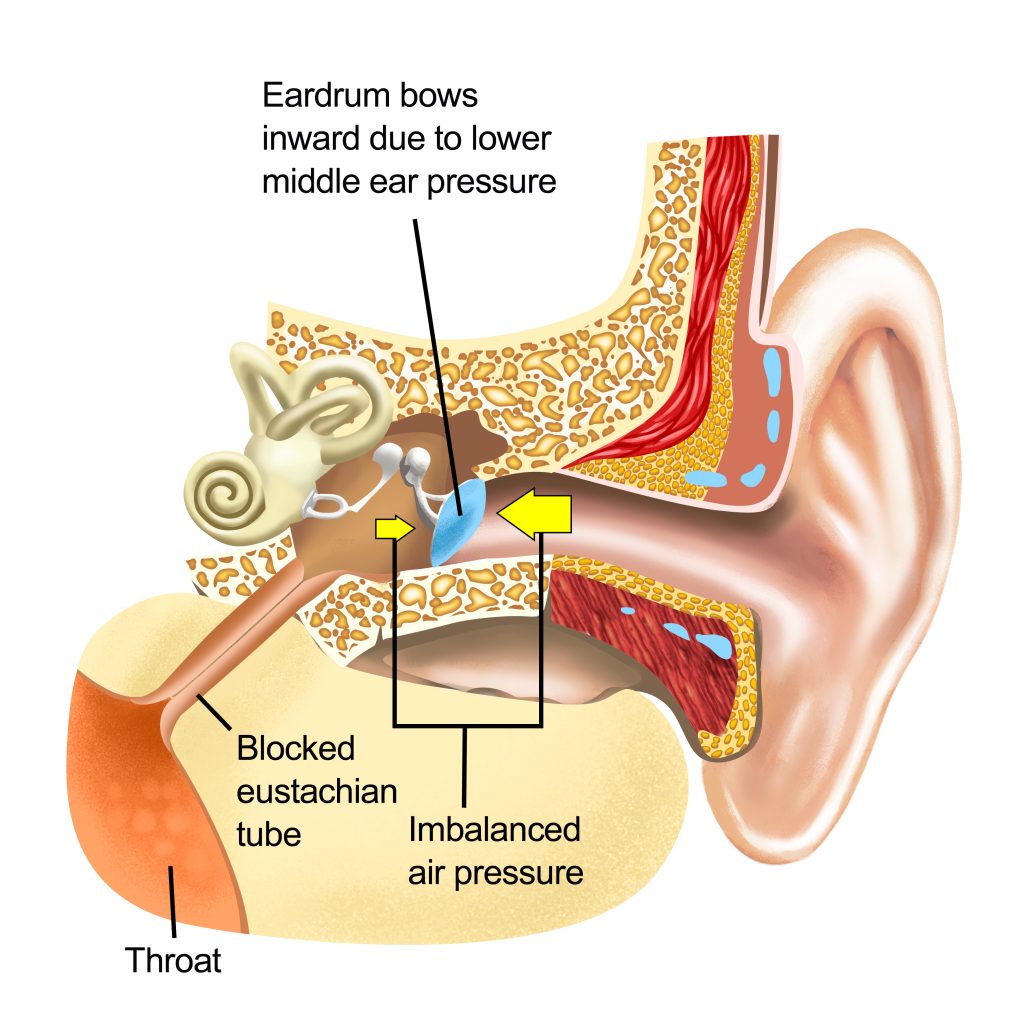5.1.3 Vertigo and Blocked Ear
What is Meniere’s Syndrome?

A condition characterized by sudden and severe dizzy attacks. Tomatis has suggested it is caused by a spasm in the stirrup muscle.
Meniere’s syndrome is episodic, and usually involves sudden attacks with a combination of tinnitus and vertigo.
While the condition is generally understood to be due to excess pressure in the inner ear, Tomatis gives a more specific explanation. He surmised that Meniere’s attacks are due to a sudden twitch or spasm in the stirrup muscle.
This would cause a sudden pressure change in the vestibular system, offering a plausible explanation for the unexpected and sudden nature of Meniere’s attacks.

How does Sound Therapy help Meniere’s Syndrome/vertigo/dizziness?

By rehabilitating the middle ear muscles, Sound Therapy largely eliminates Meniere’s attacks.
Tomatis believes that dizzy spells are caused by a sudden contraction of the stirrup muscle. The stirrup muscle presses on the oval window, which affects the fluid pressure inside the inner ear.
This fluid as also continuous with the semi circular canals, so a spasm in the stirrup muscle causes a storm in the semi circular canals, which, of course, contain the sensor organ for balance.
When the stirrup muscle is rehabilitated and regains its proper tone, the dizzy attacks generally cease.
Other forms of vertigo may also respond to Sound Therapy. There will often be a component of brain integration in conditions involving dizziness and Sound Therapy is an effective way to enhance brain integration.
How does Sound Therapy help Eustachian tube dysfunction or blocked ear

By restoring muscle tone and function, Sound Therapy brings permanent relief to Eustachian tube dysfunction
The Eustachian tube may become blocked with mucous and phlegm due to allergy or infection. It could also be blocked by a growth or tumor, and this will be checked by a doctor or ENT specialist.
However chronic problems of malfunction of the Eustachian tube muscles, leading to a frequent sense of blocked ear or pressure in the head may not be familiar to most practitioners. Such conditions are difficult to diagnose and often result in long-term annoying disorders, which cannot be successfully treated with medical solutions. This type of condition is usually somewhat of a mystery to doctors and ear specialists so sufferers are unlikely to be offered any adequate treatment.
Any Eustachian tube problem which is related to muscle function is likely to respond well to Sound Therapy.
The regular stimulation of the middle ear muscles created by the progressive alternating frequencies in the music often results in permanent relief for those who have been plagued by these problems.


